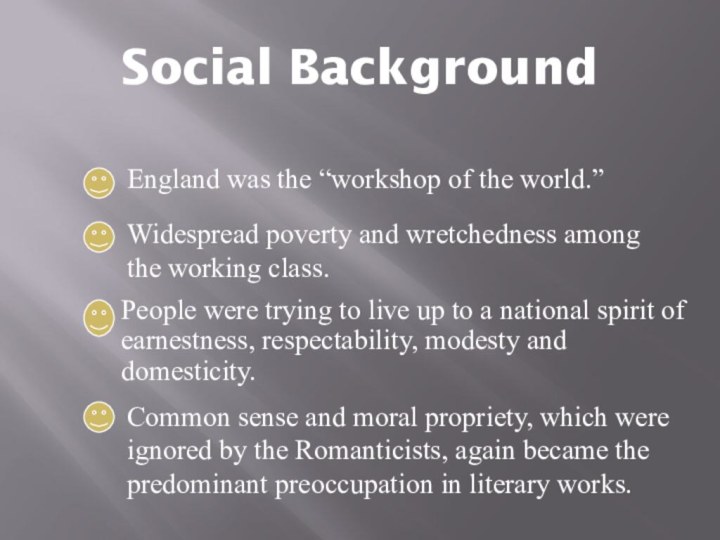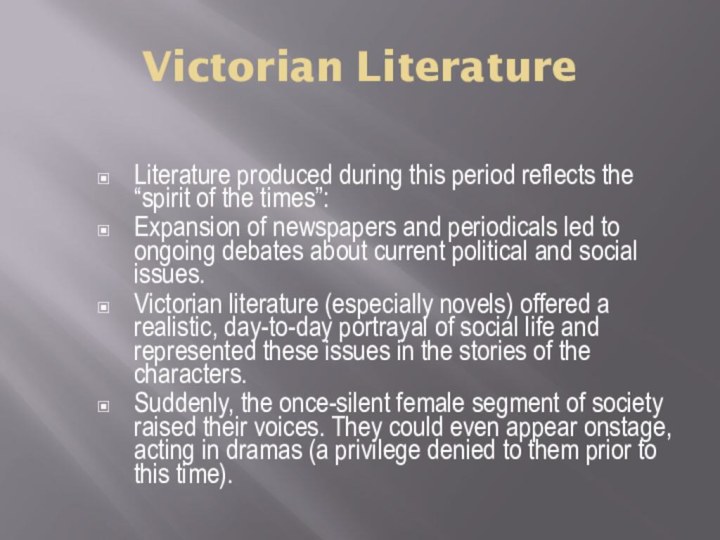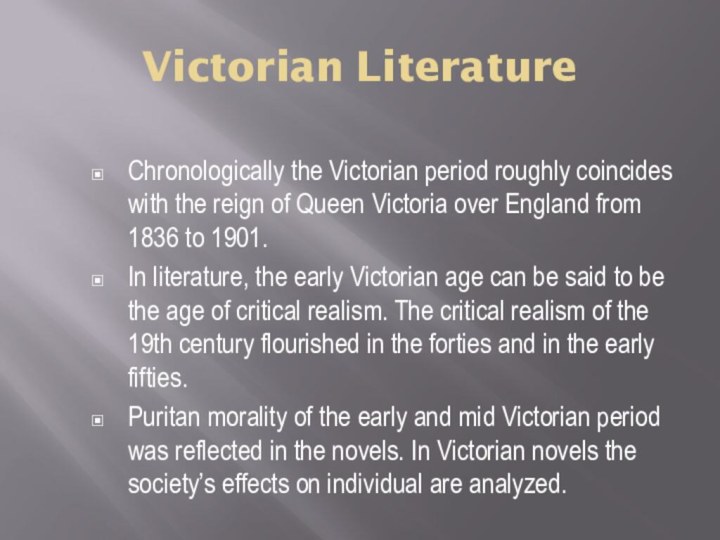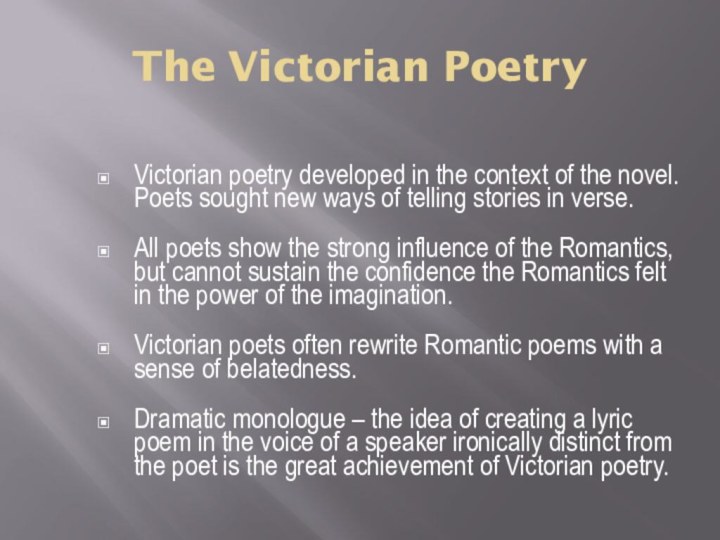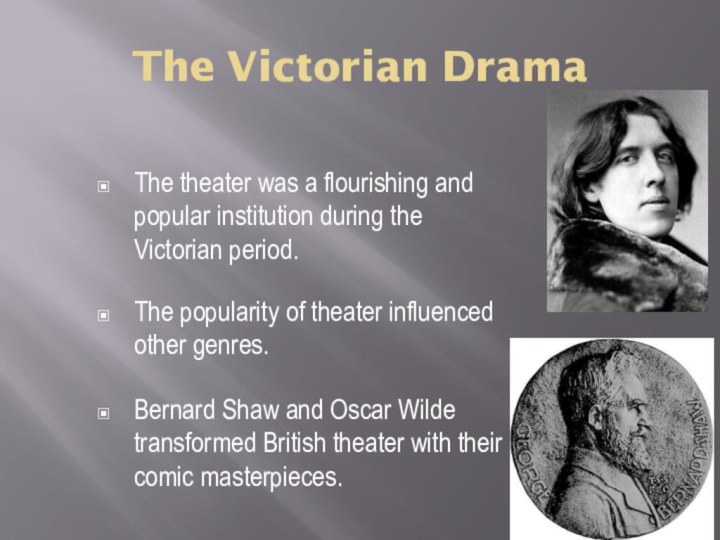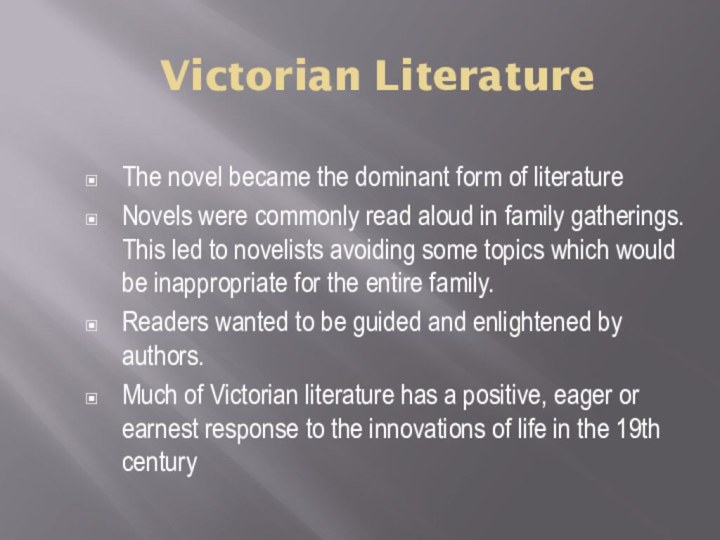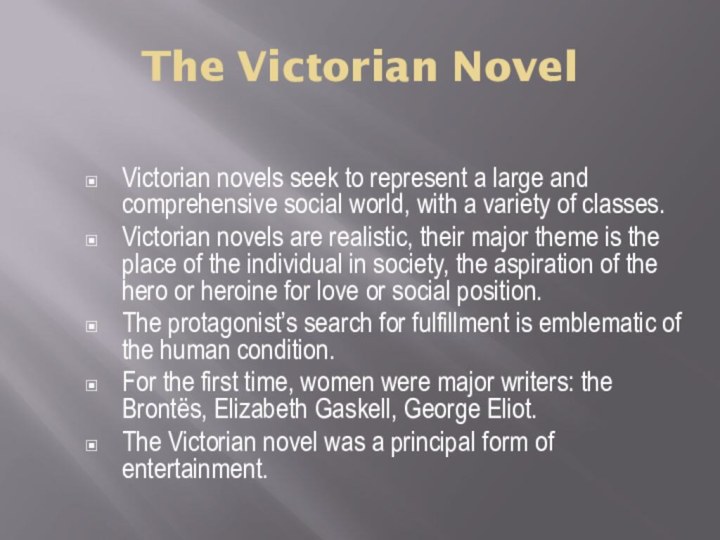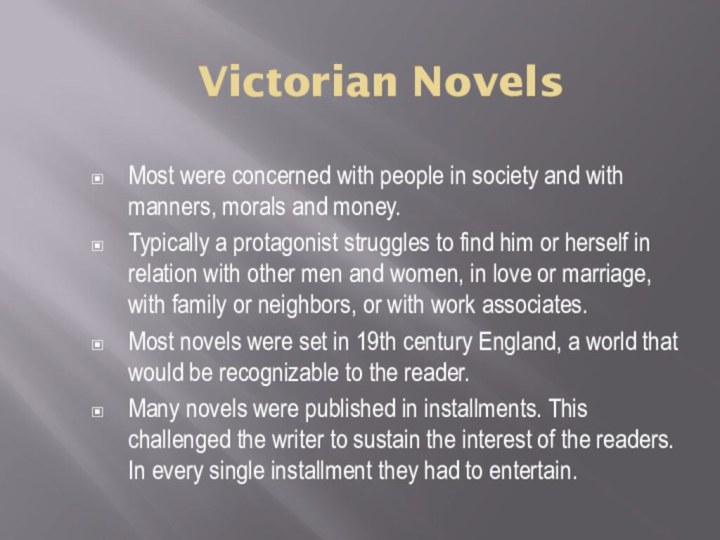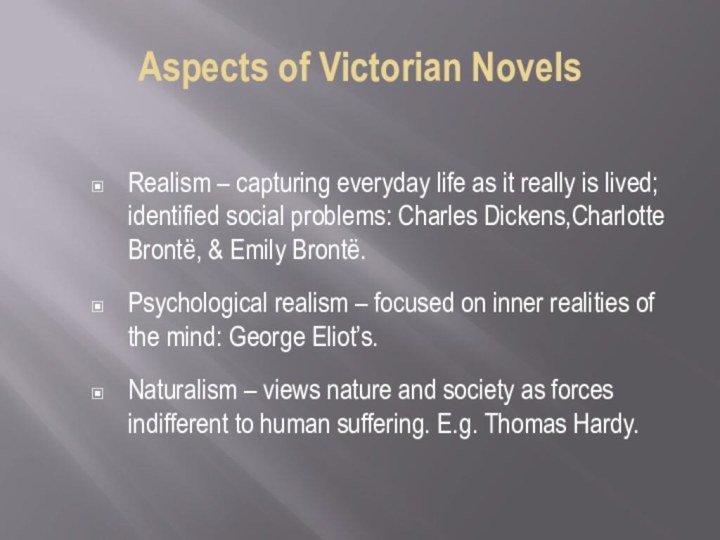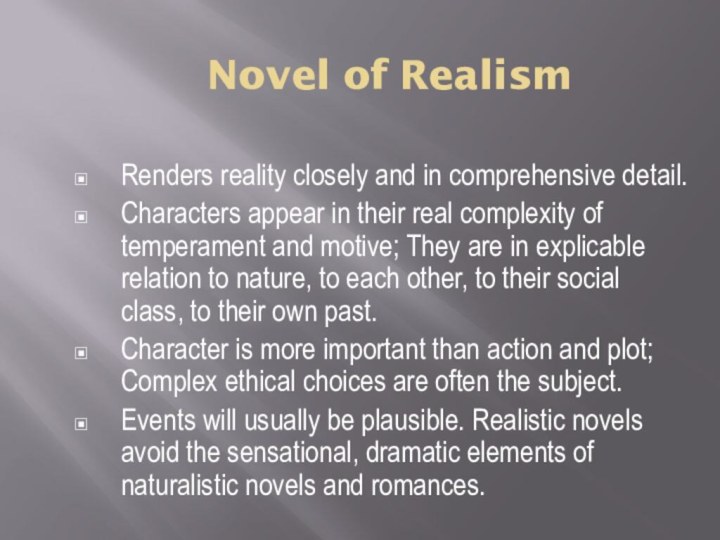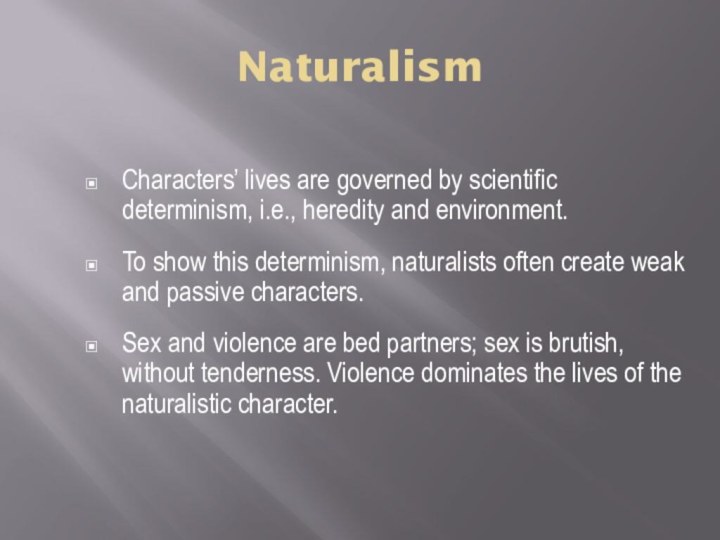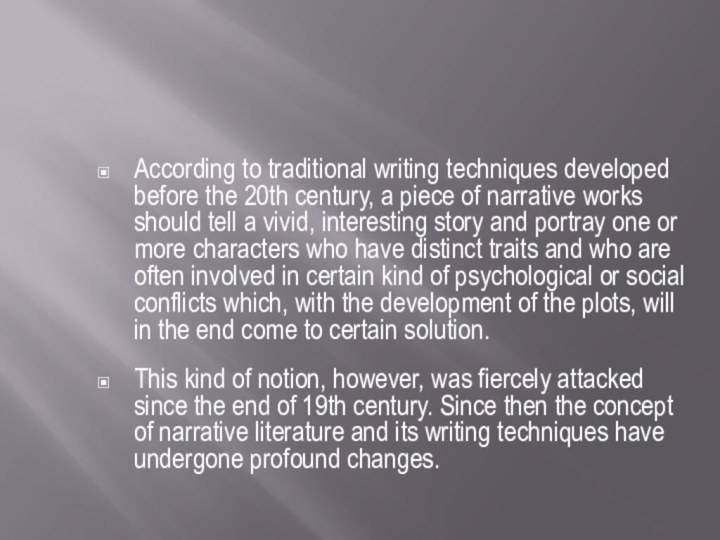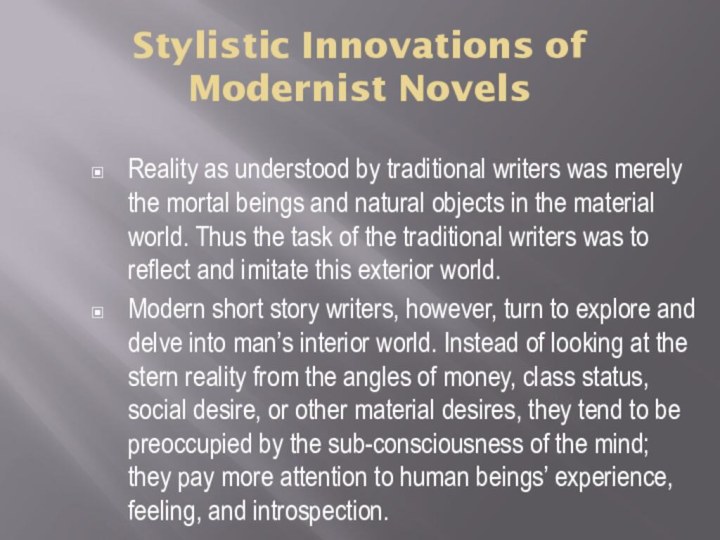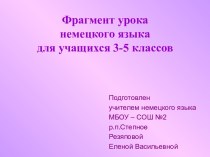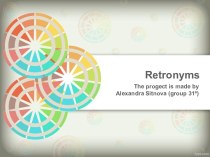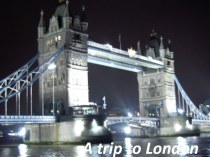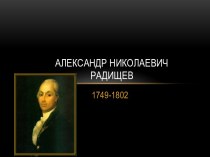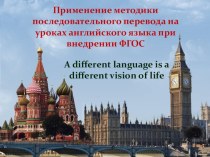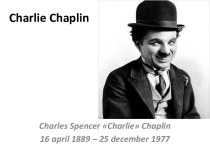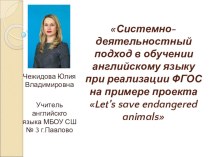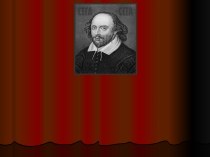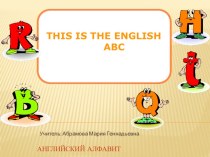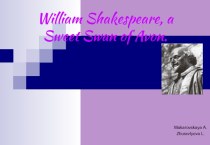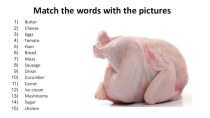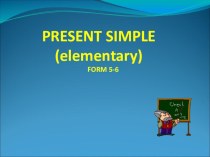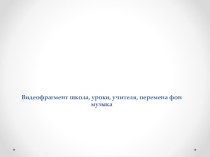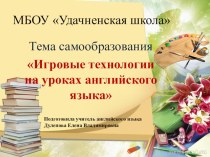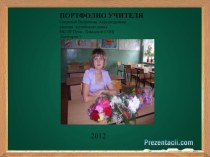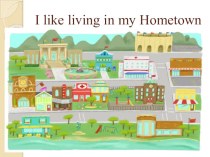Слайд 2
Victorian Literature
Literature produced during this period reflects the
“spirit of the times”:
Expansion of newspapers and periodicals led
to ongoing debates about current political and social issues.
Victorian literature (especially novels) offered a realistic, day-to-day portrayal of social life and represented these issues in the stories of the characters.
Suddenly, the once-silent female segment of society raised their voices. They could even appear onstage, acting in dramas (a privilege denied to them prior to this time).
Слайд 3
Victorian Literature
Chronologically the Victorian period roughly coincides with
the reign of Queen Victoria over England from 1836
to 1901.
In literature, the early Victorian age can be said to be the age of critical realism. The critical realism of the 19th century flourished in the forties and in the early fifties.
Puritan morality of the early and mid Victorian period was reflected in the novels. In Victorian novels the society’s effects on individual are analyzed.
Слайд 4
The Victorian Poetry
Victorian poetry developed in the context
of the novel. Poets sought new ways of telling
stories in verse.
All poets show the strong influence of the Romantics, but cannot sustain the confidence the Romantics felt in the power of the imagination.
Victorian poets often rewrite Romantic poems with a sense of belatedness.
Dramatic monologue – the idea of creating a lyric poem in the voice of a speaker ironically distinct from the poet is the great achievement of Victorian poetry.
Слайд 5
The Victorian Drama
The theater was a flourishing and
popular institution during the Victorian period.
The popularity of theater
influenced other genres.
Bernard Shaw and Oscar Wilde transformed British theater with their comic masterpieces.
Слайд 6
Victorian Literature
The novel became the dominant form of
literature
Novels were commonly read aloud in family gatherings. This
led to novelists avoiding some topics which would be inappropriate for the entire family.
Readers wanted to be guided and enlightened by authors.
Much of Victorian literature has a positive, eager or earnest response to the innovations of life in the 19th century
Слайд 7
The Victorian Novel
Victorian novels seek to represent a
large and comprehensive social world, with a variety of
classes.
Victorian novels are realistic, their major theme is the place of the individual in society, the aspiration of the hero or heroine for love or social position.
The protagonist’s search for fulfillment is emblematic of the human condition.
For the first time, women were major writers: the Brontës, Elizabeth Gaskell, George Eliot.
The Victorian novel was a principal form of entertainment.
Слайд 8
Victorian Novels
Most were concerned with people in society
and with manners, morals and money.
Typically a protagonist
struggles to find him or herself in relation with other men and women, in love or marriage, with family or neighbors, or with work associates.
Most novels were set in 19th century England, a world that would be recognizable to the reader.
Many novels were published in installments. This challenged the writer to sustain the interest of the readers. In every single installment they had to entertain.
Слайд 9
Aspects of Victorian Novels
Realism – capturing everyday life
as it really is lived; identified social problems: Charles
Dickens,Charlotte Brontë, & Emily Brontë.
Psychological realism – focused on inner realities of the mind: George Eliot’s.
Naturalism – views nature and society as forces indifferent to human suffering. E.g. Thomas Hardy.
Слайд 10
Novel of Realism
Renders reality closely and in comprehensive
detail.
Characters appear in their real complexity of temperament
and motive; They are in explicable relation to nature, to each other, to their social class, to their own past.
Character is more important than action and plot; Complex ethical choices are often the subject.
Events will usually be plausible. Realistic novels avoid the sensational, dramatic elements of naturalistic novels and romances.
Слайд 11
Naturalism
Characters’ lives are governed by scientific determinism, i.e.,
heredity and environment.
To show this determinism, naturalists often create
weak and passive characters.
Sex and violence are bed partners; sex is brutish, without tenderness. Violence dominates the lives of the naturalistic character.
Слайд 12
According to traditional writing techniques developed before the
20th century, a piece of narrative works should tell
a vivid, interesting story and portray one or more characters who have distinct traits and who are often involved in certain kind of psychological or social conflicts which, with the development of the plots, will in the end come to certain solution.
This kind of notion, however, was fiercely attacked since the end of 19th century. Since then the concept of narrative literature and its writing techniques have undergone profound changes.
